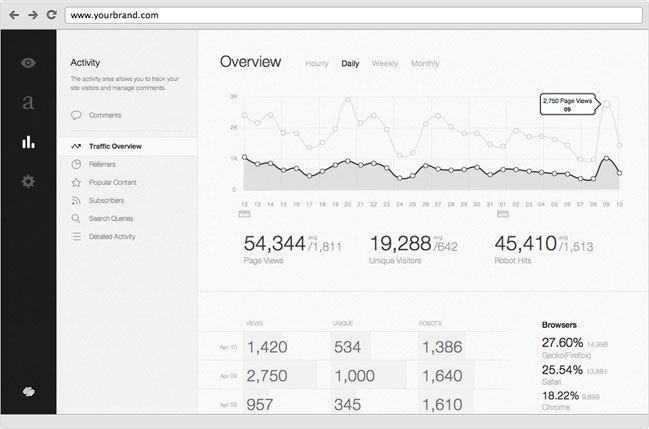When Owning Your Home Doesn t Pay
Post on: 16 Март, 2015 No Comment

One of the most important decisions that you will ever have to make is whether to rent or buy a home. People who encourage buying a home instead of renting typically make the case that if you rent, you are throwing a significant amount of money down the drain. Unfortunately, these same people tend to overlook the significant costs of owning a home. However, two things that are certain is that many people are not familiar with all of the costs associated with owning a home, and many people do not know how to compare the costs of owning a home versus renting. Fortunately, we have a process that will allow you to evaluate your options in virtually any type of housing environment.
Owning a Home Requires Significant Cash Outlays
In order to determine the relative attractiveness of owning a home, seven primary costs need to be considered. First, if you take out a loan to buy a home, you will have to pay interest expense to the individual or institution that lent you the money. You can calculate this amount each year by multiplying your loan rate with the loan amount outstanding. For most people, the cost of the interest expense tends to be very large for many years at the beginning of the mortgage payment process, unless you make a very large down payment.
For example, a loan rate of 5.3040399% on a 30-year fixed rate loan will require you to pay back exactly twice the amount of the purchase price you agreed to pay when you bought the home, and a loan rate of 9.3967767% will require you to pay back exactly three times the amount. As you can see from these examples, the cost of interest expense alone may be greater than what you will have to pay in order to rent a comparable place to live. When interest expense is taken into account with the costs of maintenance, property taxes. natural disaster insurance, PMI insurance. closing costs and brokerage fees, it becomes evident that the costs of owning a home are a heavy financial burden .
Tax Deduction Benefits Have Minimal Value for Most Homeowners
As an offset to the cost of owning a home, many real estate experts tout the tax deductibility of interest expense and property taxes as a financial benefit of owning a home. However, for most people, these tax breaks are of nominal value, because the amount of interest expenses that most people incur are of somewhat similar amounts to the standard deduction afforded to them by the federal government for purposes of calculating income taxes owed. Even then, the saving will only be the tax rate applied to the amount of interest expense paid that is above what you could have claimed through the use of the standard deduction. Therefore, unless you take out a large loan, and have a really high interest rate on your loan, the tax deduction benefit will be of marginal value.

Moreover, even if you can take advantage of the mortgage interest tax shield and the property tax shield, it does not make much sense for you to spend a dollar in order to save a quarter.
The Benefit of Equity Gained Through Home Appreciation is Overvalued
Some real estate experts will also tell you that you need to take into account the fact that, if you buy a home, you will benefit in the future as the home appreciates in value. However, in order to take advantage of the equity gained through the appreciation in the value of your home, you will have to sell your home at some time in the future in order to realize the gain. Unfortunately, once you sell your home, you are still going to need a place to live, and it is highly likely that the price of other homes in your area will have also appreciated. Therefore, any gain received through the appreciated value of your home will have to be put back into the cost of buying another home, unless you buy a home of lesser value, or move to another geographical locale where home prices are materially lower.
Furthermore, instead of moving, some real estate experts recommend that you tap the equity in your home by taking out a home equity loan. or a home equity line of credit. However, you should avoid these types of loans unless you have an immediate financial hardship, because they are typically used to allow people to enjoy a standard of living that is beyond their means.














